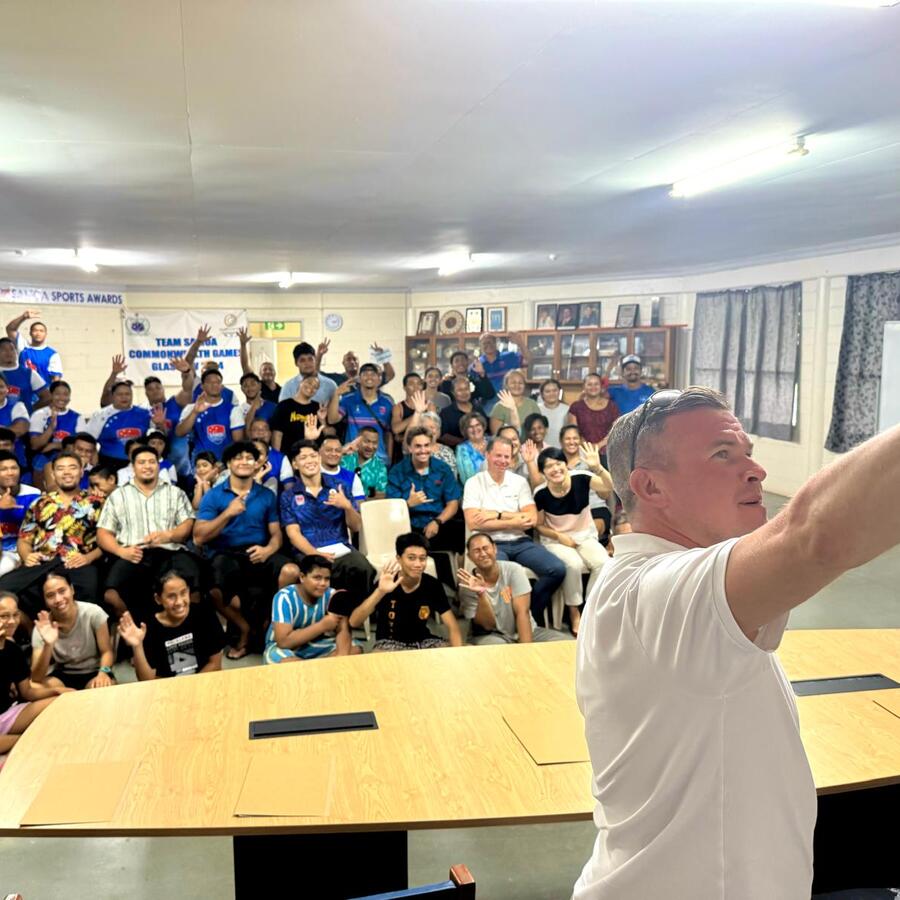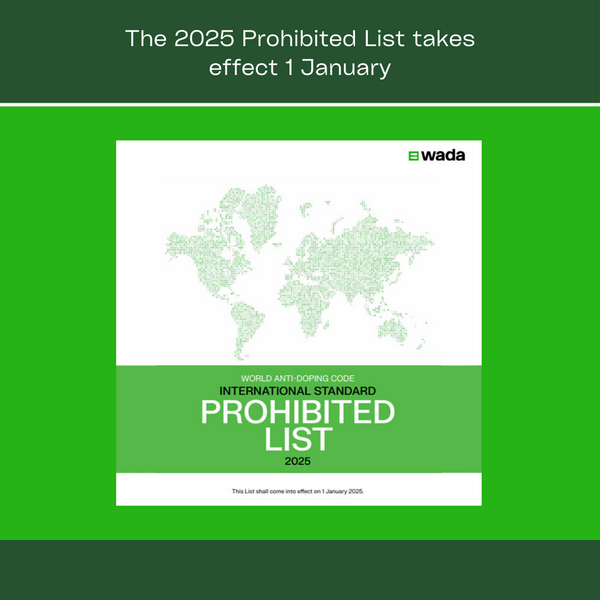Releases
WADA emphasizes importance of Government involvement to clean sport during inaugural forum with Sports Ministers of Oceania

This week, members of the World Anti-Doping Agency’s (WADA’s) leadership team were in Apia, Samoa, for the inaugural WADA forum for Ministers Responsible for Sport in Oceania.
Featuring representatives from 15 countries, which included eight Sport Ministers, the forum is part of a series of such events that WADA has held to gather and exchange views with Governments around the world. During the forum, which was co-hosted by the Government of Samoa, WADA President Witold Bańka emphasized the importance of Governments being proactive in supporting their countries’ anti-doping activities.
Mr. Bańka said: “It was a pleasure to meet with so many of WADA’s partners from the Oceania region during the inaugural edition of this forum. The Oceania region is a key player in the global anti-doping landscape, and to that end it is vital that there is strong involvement from its public authorities. The level of Government commitment can make or break an anti-doping program. For Anti-Doping Organizations to meet the requirements of the World Anti-Doping Code, they must be well supported by their Governments, with sufficient human and financial resources, so that they can carry out their important mission as effectively as possible.”
On Monday, Mr. Bańka held a media conference alongside WADA Director General, Olivier Niggli, and Samoa’s Minister of Sports and Recreation and WADA Foundation Board member, Laumatiamanu Ringo Purcell. Together, they reaffirmed their commitment to ensuring the integrity and protection of clean sport in Samoa and throughout the Oceania region.
On Tuesday, President Bańka had the opportunity to meet with the Hon. Fiamē Naomi Mataʻafa, Prime Minister of Samoa, regarding Samoa’s anti-doping initiatives.
Mr. Niggli delivered a detailed presentation at the forum, focused on WADA’s priorities, the work being done in the Oceania region and highlighting some of the Agency’s strategic priorities. During his presentation, Mr. Niggli noted: “Governments contribute to the protection of clean sport by ensuring that national legislative frameworks comply with the World Anti-Doping Code. Without that harmonization, there is the risk of allowing a two-tier system to exist whereby athletes compete under different rules depending on the country they are from, thus eliminating the level playing field we are working so hard to provide for them. WADA stands ready to help Governments and Anti-Doping Organizations ensure that national legislative frameworks and anti-doping rules are compatible.”
The forum’s agenda also featured an overview of Samoa’s anti-doping program and its Government’s engagement in clean sport initiatives, as well as a discussion around the public authorities’ commitment to clean sport and challenges in the Oceania region. Each representative in attendance also had an opportunity to deliver a short presentation on their respective countries’ anti-doping programs. Among those invited to participate in the forum were the Chair of WADA’s Athlete Council, Ryan Pini, and the Chair of the Oceania Regional Anti-Doping Organization, Dr. Lawrence Puni.
Minister Purcell said: “It was an honor to host the World Anti-Doping Agency and our counterparts from across Oceania for this important forum. The presence of numerous ministers and anti-doping stakeholders from the region is a testament to their willingness to continue to improve and develop their anti-doping programs. Our hope is that this event is a steppingstone towards further collaboration between countries making up the Oceania region.”
The forum concluded with the signing of the ‘Apia Declaration’, in which participants pledged to support WADA’s global collaborative movement for doping-free sport, increase anti-doping capacity and positively influence clean sport policy in the Oceania region. The Declaration commits to holding the forum on a biannual basis, in different Oceania countries, and recognizes the importance that all Governments support and uphold the World Anti-Doping Code and the UNESCO International Convention against Doping in Sport.
